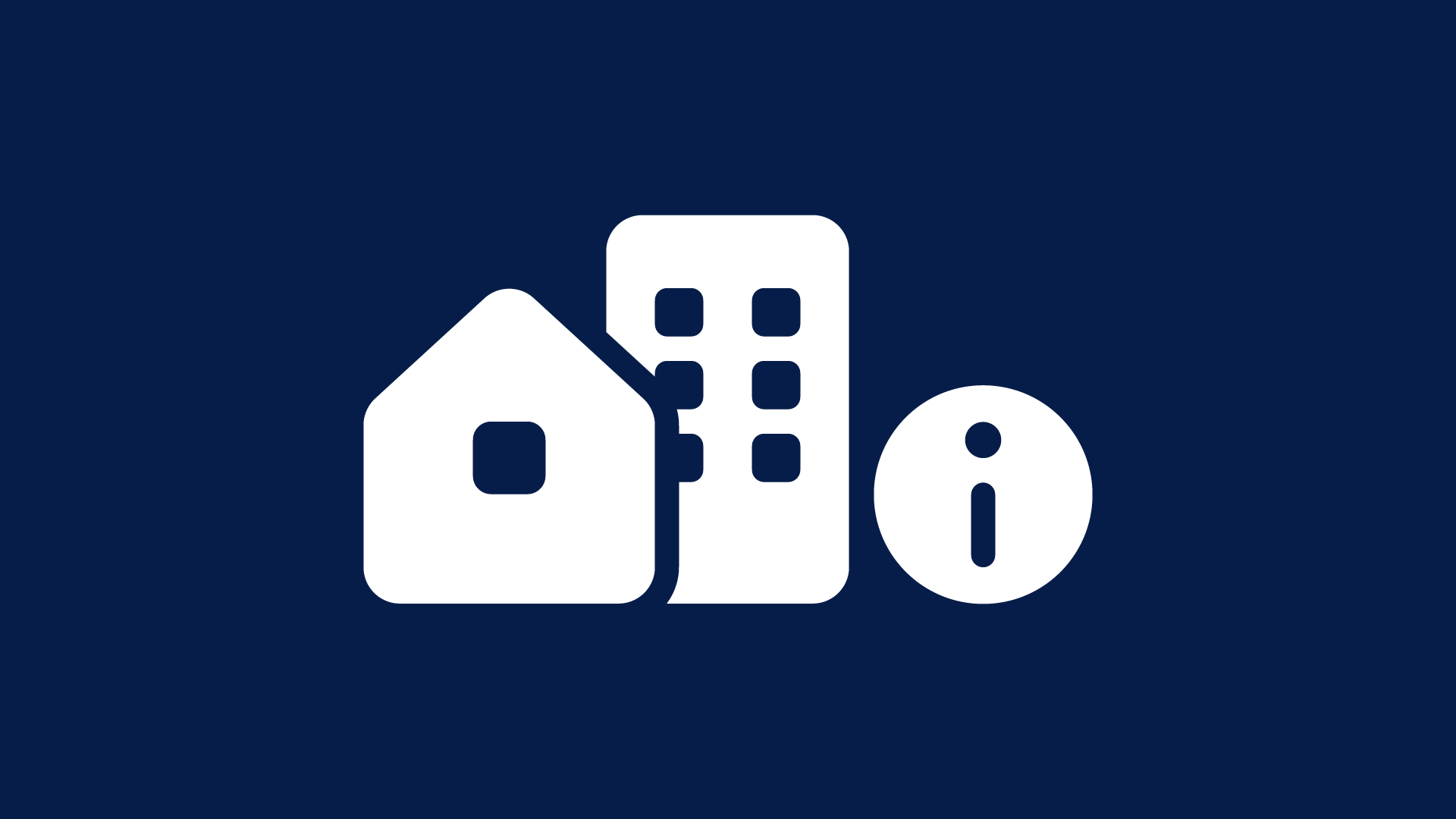Overview
About Rulemaking and Implementation
On November 2, 2021, Saint Paul voters approved a Rent Stabilization Ordinance for the City of Saint Paul. The Ordinance limits residential rent increases to no more than 3% in a 12-month period. Ordinance also directs the City to create a process for landlords to request an exception to the 3% limit based on the right to a reasonable return on investment.
After the Rent Stabilization Ordinance became law, the Department of Safety and Inspections (DSI) was tasked with working toward a May 1, 2022, implementation date. Subsequently, the City Council adopted amendments to the ordinance which went into effect January 1, 2023 and June 13, 2025. To that end, DSI has developed rules to clarify and implement Saint Paul’s Rent Stabilization Ordinance. Rules clarify how a law or policy is to be carried out or enforced and have the force and effect of law.
This webpage provides an array of information including Rent Stabilization rules, along with processes and definitions by which landlords would request an exception to the 3% limit.


